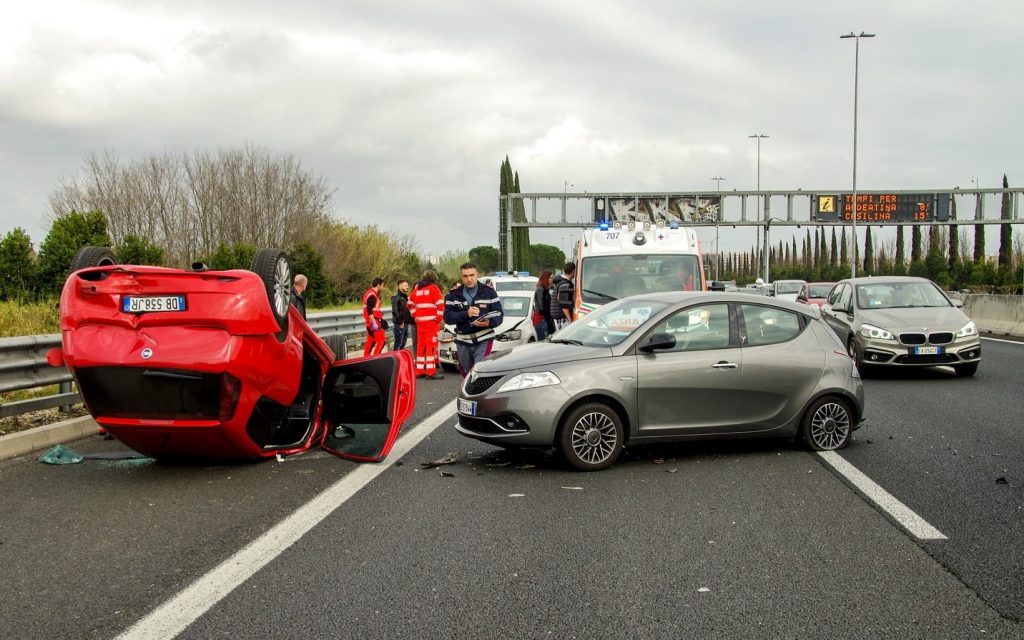In the United States, there are an average of over 16,000 car accidents on any given day. Luckily, the majority of those accidents are only property damage. With that said, one-third of all traffic accidents do involve personal injury to either a car’s passengers or its driver.
Sometimes being involved in a car accident is simply unavoidable. But even so, there are steps which can be taken immediately following a car accident to help ensure that you and your interests are protected. Car accidents, even minor ones, can quickly turn into chaotic and heated affairs. It is important to remain calm and know what to do so you don’t end up making matters worse.
Read on, and we’ll walk you through the most important things you need to do following a car accident.
1. Stop
If you are involved in a car accident and flee the scene, even if you were not at fault, it is still considered a hit-and-run. Most states classify hit-and-runs as either misdemeanors or felonies, but this depends on the exact situation. Punishment can include jail time and hefty fines. Your insurance company will also most likely cancel your policy.
If an accident occurs, either stop directly at the site of the accident or as close as safely possible.
2. Call the Police
Many states require that the police be called when a motor accident involves personal injury. When cops are called to the scene, they can help expedite the process of exchanging information. They can also make sure that everyone involved is safe and that the road where the incident took place is not a hazard to other drivers. You will also need to file a police report.
The police are usually the ones who collect the information of both parties but sometimes the drivers need to do it themselves. If this is case, you should write down the other driver’s name and address. Also get the phone numbers of everyone involved in the accident. You will also want the other driver’s insurance information and the make and model of their vehicle.
It is usually a good idea to keep chit-chat with the other party to a minimum. You don’t want to say anything that can hurt your case.
And NEVER apologize. Even if you believe the accident was your fault, you do not have all of the information yet. Saying the words “I’m sorry” can be interpreted as admission of guilt.
3. Take Pictures
Personal injury lawyer Dennis Hernandez in Tampa recommends that you “take as many photos as possible.” It is important to take pictures of where your vehicle was damaged. Try to do this before your vehicle is moved. Also see if you can take pictures of the other driver’s vehicle. If you have any visible injuries from the accident, be sure to take photos of those too.
4. Notify Your Insurance Company

Calling your insurance company immediately after an accident is a good idea because they can tell you what information they are going to need for your claim. This is also a good time to find out if your insurance company provides medical benefits under your coverage.
5. Receive Medical Attention

If you feel that you suffered an injury, police can arrange for an ambulance to take you to the hospital. Keep in mind that even if you feel alright, it often takes a few days for someone to really feel the effects of an injury. Because of this, it is generally a good idea to consult your physician even if you think you are okay.
6. Consult Your Attorney
Consulting with an experienced attorney is the best way to protect your rights after an accident. Your attorney can advise you on how to properly give statements to insurance companies. They can also help you get fully compensated for your vehicle and work to get you the necessary evidence for your case.
Read Also: Top 4 Tips for Avoiding Accidents on the Highway
Because car accidents can frazzle even the calmest drivers, it is a good idea to memorize these steps so you know exactly what to do should this ever happen to you. Drive safe out there.

